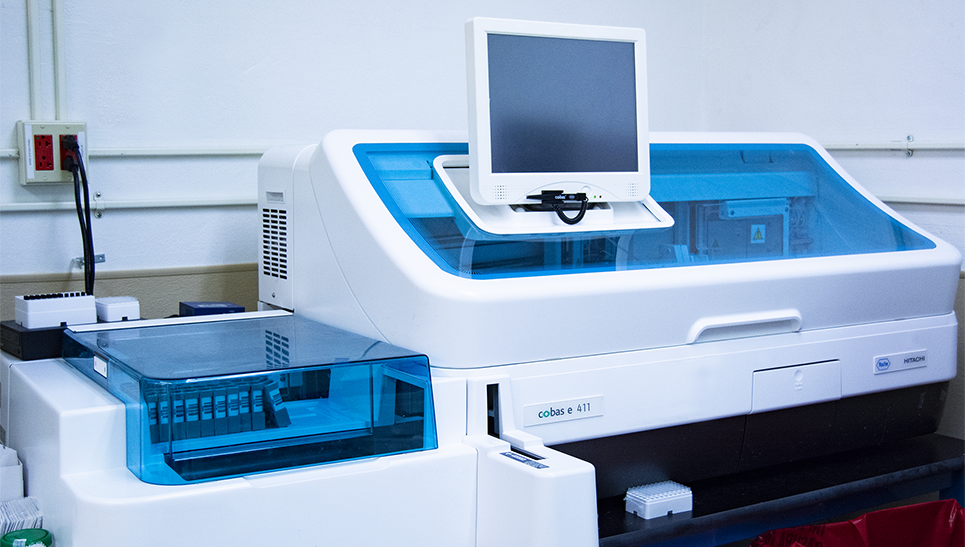Laboratory Services

Riceland is a premier provider of laboratory services in Texas, while delivering an outstanding service experience for each individual provider. At Riceland Toxicology Lab, we have the knowledgeable staff that makes every effort to ensure that state-of-the-art technology is employed on a patient-by-patient basis. Relevant clinical information and advanced analytical technologies are applied for each specimen.
Clinical Chemistry, Hematology and Endocrinology Section conducts laboratory testing to prevent, diagnose and assist in monitoring disease states as patients are cared for.
Some of the tests include:
- Chemistry panels, including metabolic, comprehensive, anemia and lipid profiles
- Coagulation testing
- Immunohematology testing
- Therapeutic Drug Monitoring
- Immunochemistry
- Urinalysis
- Hematology
Toxicology: Our toxicology department strives to be the most competent and responsive toxicology laboratory in Southeast Texas. Our toxicology deals with the identification of Prescriptive Drugs and Drugs of Abuse that affect the patients. Drug identification enables the Physician to predict future toxic effects, confirm the diagnosis and manage the drug therapy.
We are committed to providing:
- State-of-the-art analytical toxicology services
- Unequaled client support
- Exceptional turnaround time
- Adherence to excellent laboratory practices
Presumptive Testing: Our goal is to provide a confidential, cost-effective, high quality testing program geared toward everyone from the individual to the large corporation, while striving for integrity in testing. When there is a presumption that a substance is being used, we can provide you with the tests to identify the presumptive substances.
Confirmatory Testing: We offer a quantitative, confirmatory urine drug testing profile that uses the Liquid Chromatography coupled with the Tandem Mass Spectrophotometer (LC-MS/MS). The Selectivity and Specificity of this Laboratory Analyzer ensures that the drug identified is exclusive to the Patient Sample Tested. The Quantitative result is then used to address drug use: active use versus passive exposure.

